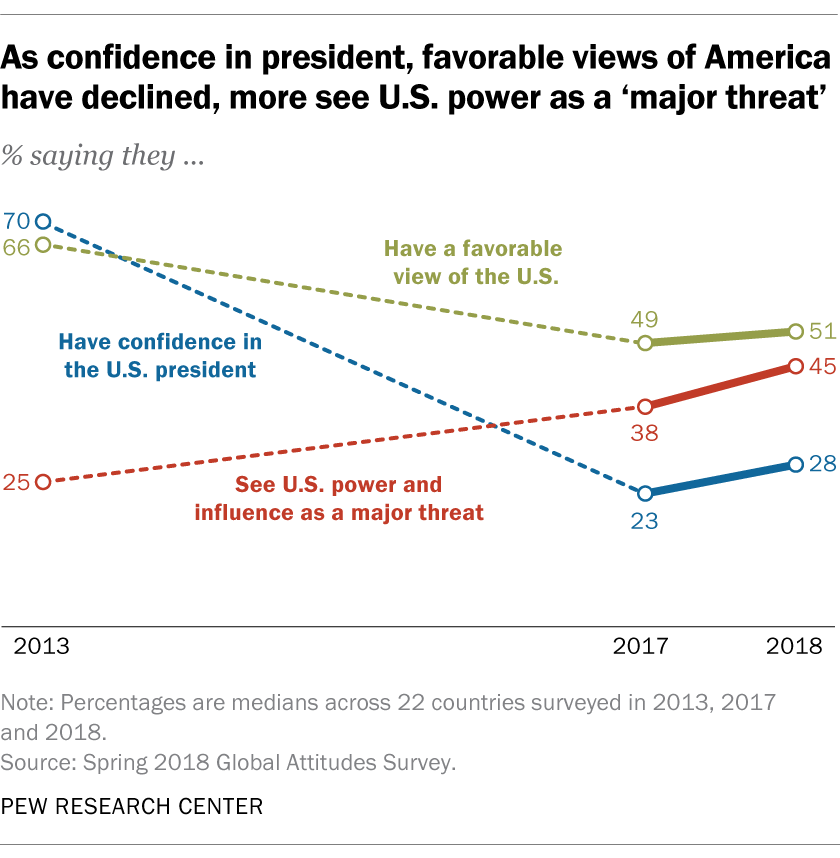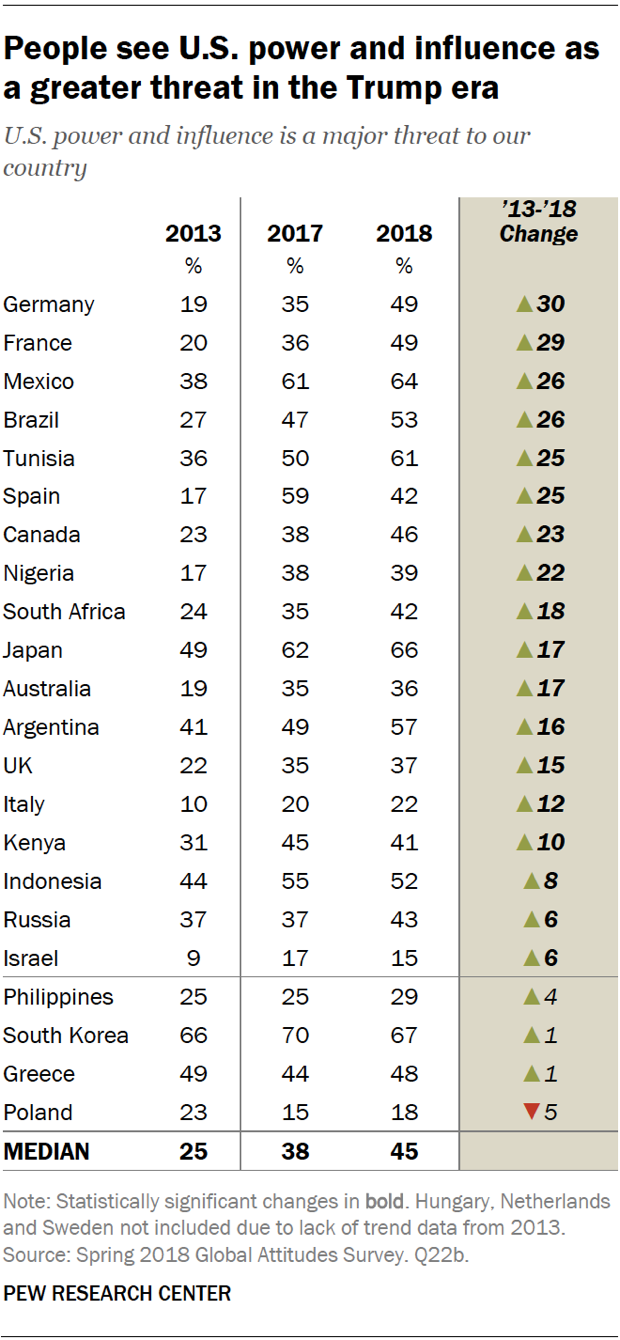Boosting efficiency: A woman reading about the NFP, which is poised to greatly enhance the process of scam reporting and fund tracing. — AZHAR MAHFOF/The Star
The platform’s ability to centralise and standardise fraud reporting across play its part and stay vigilant against scammers, say police
Public must play its part and stay vigilant against scammers, say police
KUALA LUMPUR: Check before your click, say the police.
Bukit Aman Commercial Crime Investigation Department (CCID) director Comm Datuk Seri Ramli Mohamed Yoosuf has urged the public to use the SemakMule portal (https://semakmule.rmp.gov.my/) before making any financial transaction online.
“Use the SemakMule portal to verify and check the list of mule bank accounts, phone numbers and shell companies used by scammers.
“The portal was established in 2020 to list phone numbers and mule bank accounts, but it has since been improved to (include) the names of shell companies,” he told The Star yesterday.
Comm Ramli said that so far, a total of 216,074 mule accounts have been listed on the site along with 178,006 phone numbers used by scammers.
“We also listed a total of 3,904 shell companies used by scammers,” he added.
Some 27 million visitors have logged in to the portal since its inception, and about one million of the searches have been positive, meaning transactions made to mule accounts were prevented.
Comm Ramli hopes that the public would be able to fully utilise the improved SemakMule portal to prevent from getting scammed.
“We will never relent in our enforcement efforts against scam syndicates, but we hope the public can play its part by staying vigilant,” he said.
Comm Ramli said scammers are coming up with new modus operandi to dupe victims into giving them their money, including using generative artificial intelligence to produce fake videos, as well as audio and text messages.
“Scammers are resorting to new and innovative ways to dupe victims. We have encountered cases recently in which scammers used deepfake technology to mimic the voice of a victim’s friend to dupe them.
“Use the SemakMule portal to prevent being scammed. The public can also report any scam to the National Scam Response Centre (NSRC) by calling the 997 hotline,” he added.
According to Comm Ramli, other methods used by scammers include advertising dubious investment schemes on social media and phone scams, where scammers call up victims posing as officers from government agencies.
Meanwhile, on the establishment of the National Fraud Portal (NFP), Comm Ramli said it was a good anti-scam effort.
“We welcome the NFP, especially when it can further enhance the role of the NSRC in detecting scams faster, (enabling us) to help the victims.
“It will certainly boost the fight against scams,” he said.
Comm Ramli also hopes that financial institutions will be able to fully utilise the NFP, to enhance security measures.
“It (NFP) is a step in the right direction but at the same time, we urge banks and other financial institutions to upgrade their security, both internally and externally against any threat be it malware or ransomware.
“We also hope they will be able to better secure the data of their customers as well,” he said.
This year alone, over RM1.6bil in losses have been recorded from commercial crimes, including scams, Comm Ramli noted.














